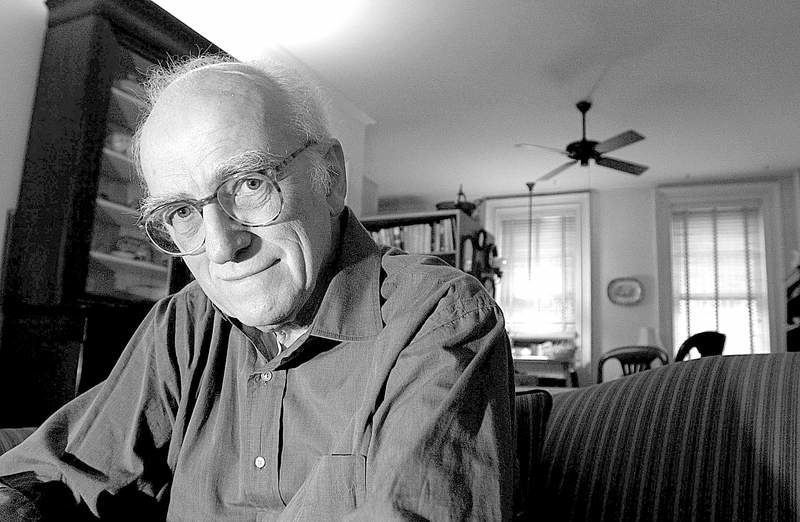Donald Westlake was Grand Master of mystery novels
Published 4:00 am Saturday, January 3, 2009

- Mystery writer Donald Westlake, seen here in 2001, wrote more than 100 books. He used his own name and several pseudonyms, including Richard Stark, Tucker Coe, Samuel Holt and Edwin West.
Donald Westlake, a prolific, award-winning mystery novelist who pounded out more than 100 books and five screenplays on manual typewriters during a career of nearly 50 years, died on Wednesday night. He was 75.
Westlake collapsed as he was headed to New Year’s Eve dinner while on vacation in Mexico, said his wife, Abigail Westlake.
The cause was apparently a heart attack, said his publicist, Susan Richman.
Westlake, considered one of the most successful and versatile mystery writers in the United States, received an Academy Award nomination for a screenplay, three Edgar Awards and the title of Grand Master from the Mystery Writers of America in 1993.
Since his first novel, “The Mercenaries,” was published by Random House in 1960, Westlake had written under his own name and several pseudonyms, including Richard Stark, Tucker Coe, Samuel Holt and Edwin West. Despite the diversity of pen names, one shared feature was that nearly all his books were set in New York City, where he was born.
He used different names in part to combat skepticism over his rapid rate of writing books, sometimes as many as four a year, his friends said.
“In the beginning, people didn’t want to publish more than one book a year by the same author,” said Richman, his publicist at his current publisher, Grand Central Publishing.
Later in his career, Westlake limited himself to two pen names, each focusing on one primary character: He used his own name to write about an unintentionally comical criminal named John Dortmunder, and as Richard Stark wrote a series about an anti-hero and criminal named Parker.
Westlake’s cinematic style of storytelling, along with his carefully crafted plots and crisp dialogue, translated well on the screen. More than 15 of his books were made into movies, a few multiple times. In addition, he wrote a number of screenplays, including “The Grifters,” which was nominated for an Academy Award in 1991.
Westlake was incredibly disciplined and wrote seven days a week, his friends said. His productiveness was honed in part by an era when publishing houses churned out books at a relentless pace. During that time, Westlake hired himself out to write erotic literature, science fiction and Westerns.
To the end, Westlake resisted computers and typed his manuscripts page by page. “They came in perfectly typed,” Kirshbaum said. “You felt like it was almost written by hand.”
And he used only manual typewriters. “He hated the idea of an electric typewriter because, he said, ‘I don’t want to sit there while I am thinking and have something hum at me,’” said Otto Penzler, a longtime friend and the owner of the Mysterious Bookshop in TriBeCa.
Westlake was productive up until his death. His next novel, “Get Real,” is scheduled for release in April.






